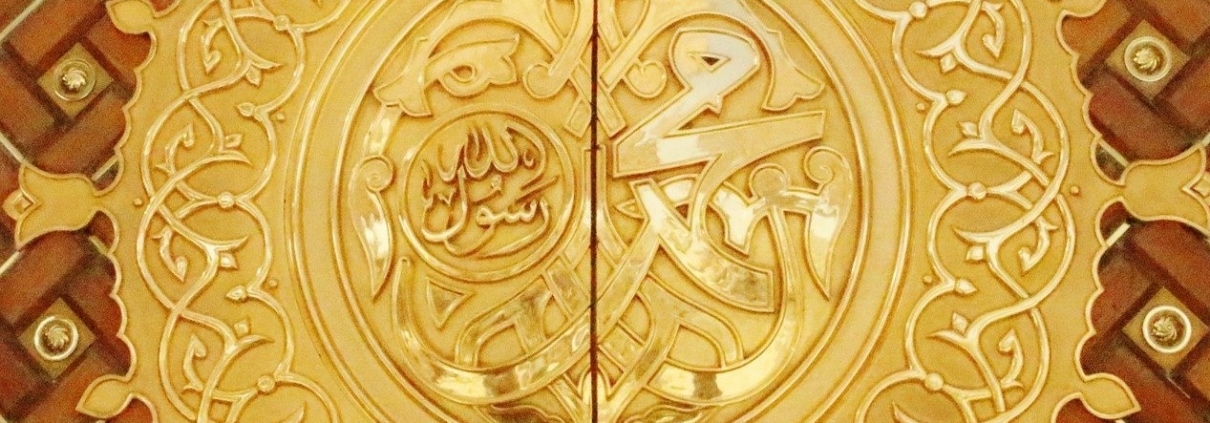Should I Choose Seeking Forgiveness or Sending Blessings Upon the Prophet (peace and blessings be upon him) for Difficulties?
Answered by Shaykh Faraz Rabbani
Question:
Istighfar or Salawat upon the Prophet – which is a greater dhikr to ease the affairs of this world? I’ve read both Istighfar and Salawat have similar benefits. If one had to practice one of them in abundance, which would it be for ease of affairs in the world and in the Hereafter and increase in worldly sustenance?
Answer:
Walaikum assalam,
I hope you’re doing well, insha’Allah. Both seeking forgiveness (istighfar) and sending blessings (salawat) are blessed, beloved to Allah, and means of openings.
A guiding teaching related to this is the words of Ibn Ata’illah (Allah have mercy upon him), who said, “The types of spiritual works has been made variegated, as each has distinct spiritual benefits.”
The superior way is to engage in remembrance (dhikr) and supplication (dua’a’), seeking Allah’s Pleasure (rida)—with complete confidence and certitude in Allah’s Promise of facilitation.
“Seek your Lord’s forgiveness, for He is indeed All-Forgiving! He will shower upon you with abundant rain and grant you with wealth and children and give you gardens as well as rivers.” [Qur’an, 71.10-11]
Both seeking forgiveness (istighfar) and sending blessings (salawat) upon the Prophet (peace and blessings be upon him) are means of relief, rectification, and light.
Meanings and Realities of Forgiveness
Seeking forgiveness (istighfar) is to ask Allah to cover the unbecoming and displeasing and to manifest the good and pleasing to Him. [Ghazali, al-Maqsid al-Asna]
One should say it with sincere repentance (tawba) from all sins, shortcomings, wrongdoings—with gratitude for the vastness of Allah’s Mercy and hopeful longing for His acceptance, favor, and good pleasure.
Sending Blessings
A powerful, easy to recite form of sending blessings upon the Prophet (Allah bless him and give him peace) is:
Allahumma salli `ala Sayyidina Muhammadin
wa aalihi
wa sallim
“O Allah, send blessings upon our Master Muhammad and his folk,
and grant peace.”
By “folk,” you intend the family, companions, and all followers.
“Blessings” (salat) upon the Prophet (peace and blessings be upon him) refers to “mercy, with raising in rank and honor with Allah.”
“Peace” (salam) upon the Prophet (peace and blessings be upon him) is for “Allah to grant him complete serenity and contentment—and to put his heart with respect to his community, that we’ll uphold our covenant with him.”
One sends blessings upon the Prophet (peace and blessings be upon him) with love and thankfulness—to Allah and the Messenger (peace and blessings be upon him)—for this Divine Gift of Mercy and Good.
And Allah is the giver of success and facilitation.
[Shaykh] Faraz Rabbani
Shaykh Faraz Rabbani spent ten years studying with some of the leading scholars of recent times, first in Damascus and then in Amman, Jordan. His teachers include the foremost theologian of recent times in Damascus, the late Shaykh Adib al-Kallas (may Allah have mercy on him), as well as his student Shaykh Hassan al-Hindi, one of the leading Hanafi fuqaha of the present age. He returned to Canada in 2007, where he founded SeekersGuidance in order to meet the urgent need to spread Islamic knowledge–both online and on the ground–in a reliable, relevant, inspiring, and accessible manner. He is the author of Absolute Essentials of Islam: Faith, Prayer, and the Path of Salvation According to the Hanafi School (White Thread Press, 2004.) Since 2011, Shaykh Faraz has been named one of the 500 most influential Muslims by the Royal Islamic Strategic Studies Center
